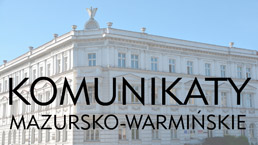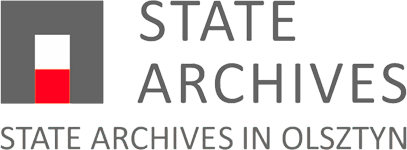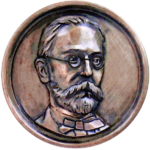Current issue
Online first
Special issues
Archive
About the Journal
Editorial Board
Editorial Council
Reviewers
Editorial guidelines
Publication ethics
Guidelines for reviewing
Remarks on “ghostwriting”
Copyrights and Open Access rule
GDPR Privacy Notice – for the authors of articles sent for publication in the "Komunikaty Mazursko-Warmińskie ("Masuro-Warmian Bulletin")
Contact
Price list
The role of the Reformation in the creation of Lithuanian literature: the phenomenon of Donelaitis
1
Uniwersytet Warmińsko-Mazurski w Olsztynie
Online publication date: 2021-07-23
Publication date: 2021-07-23
KMW 2021;312(2):189-208
KEYWORDS
reformationKristijonas DonelaitisMetaireligious literatureGerman receptionLithuanian receptionPolish translation
TOPICS
ABSTRACT
The Reformation features as a cultural force in the emergence of Lithuanian literature. Lithua-nian writing developed in Prussian Lithuania, starting with the printing of the first Lithuanian book, Martynas Mažvydas’s Lutheran catechism, which appeared in 1547 in Königsberg, then the centre of Protestantism in Prussia. Over the course of almost 300 years, many generations of Lutheran pastors, mostly of German origin, trained here and published religious literature for Lithuanian parishes. Reflecting the Enlightenment ideas radiating from Königsberg, as well as the increase in publishing, the first work on secular themes was Metai (the seasons) by Lu-theran pastor Kristijonas Donelaitis. A didactic poem concerning the four seasons of the year, regarding the work and everyday lives of Lithuanian peasants in Prussia, it was written in the second half of the 18th century but only published almost 40 years after the poet’s death. Ludwik Rhesa’s bilingual Lithuanian-German edition from 1818 facilitated a dual reception of Don-elaitis’s work. In the nineteenth century, he was known primarily in East Prussia, whilst in the twentieth century his work was more popular in Lithuania. From the post-war period up to the present day, research into his work continues in Lithuania, where he is considered the “Father of Lithuanian Literature”. Donelaitis’s work has been translated into many languages. The Polish translation of Zygmunt Ławrynowicz’s Metai was published in Olsztyn in 1982
We process personal data collected when visiting the website. The function of obtaining information about users and their behavior is carried out by voluntarily entered information in forms and saving cookies in end devices. Data, including cookies, are used to provide services, improve the user experience and to analyze the traffic in accordance with the Privacy policy. Data are also collected and processed by Google Analytics tool (more).
You can change cookies settings in your browser. Restricted use of cookies in the browser configuration may affect some functionalities of the website.
You can change cookies settings in your browser. Restricted use of cookies in the browser configuration may affect some functionalities of the website.




